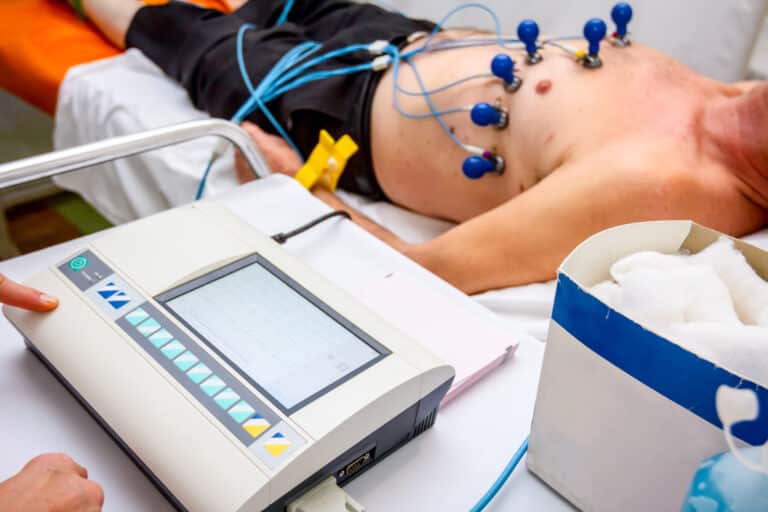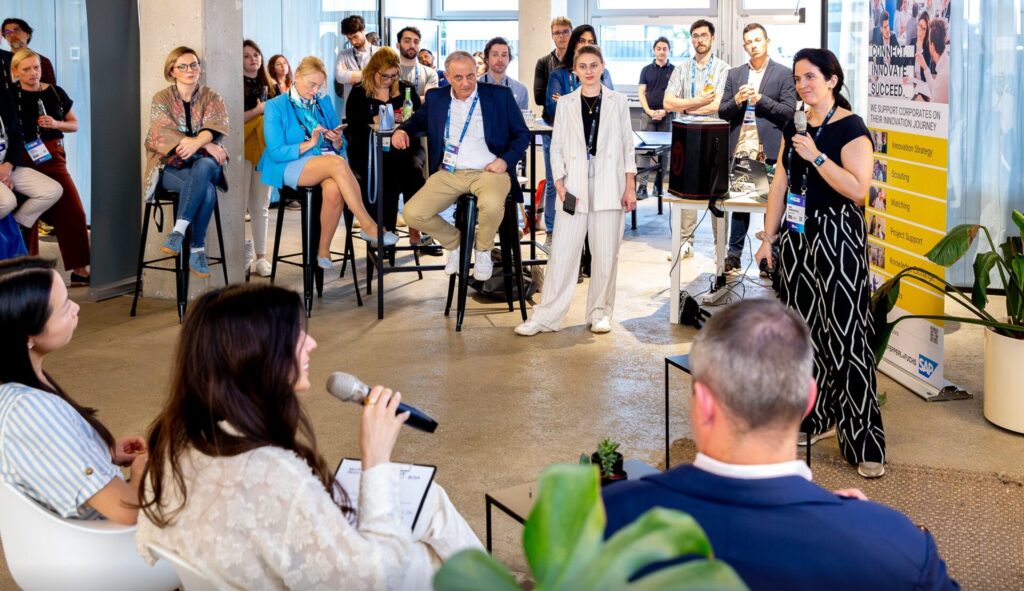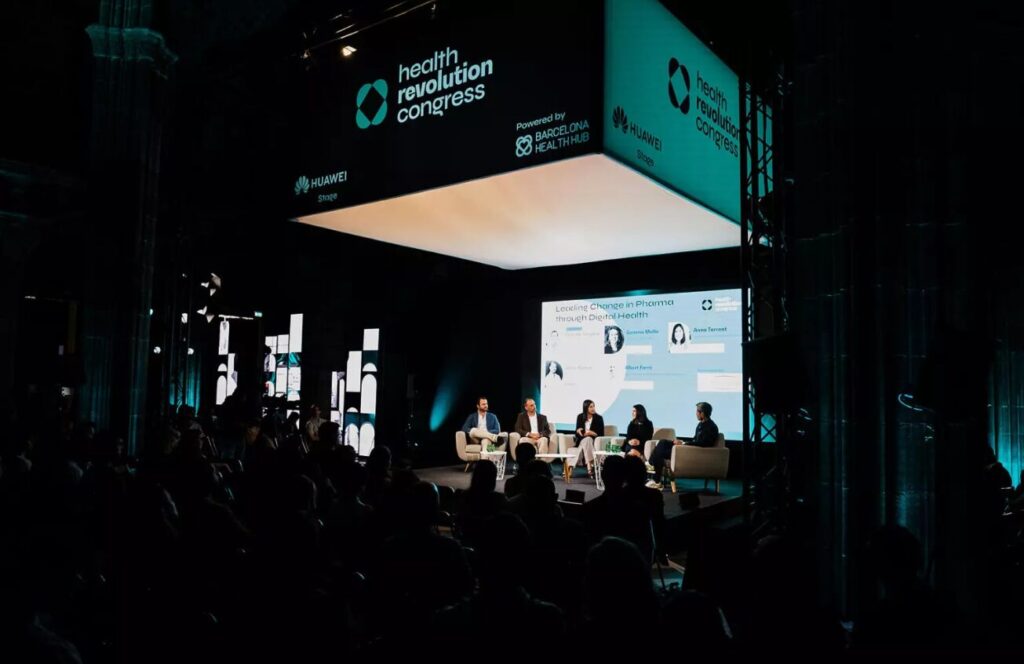
Michael Joe Cini
26th September 2022
REMOTE ECG MONITORING, FROM PATIENTS TO PHYSICIANS
Dignio and AliveCor are innovating remote ECG monitoring through a strategic partnership. By integrating AliveCor’s KardiaMobile device into the MyDignio smartphone app, the partnership aims to allow seamless transmission of electrocardiograms (ECG) recorded by patients in the community direct to clinicians.
Connecting patients to their physicians
Dignio, a digital health specialist, is already working with the University Hospitals of Leicester NHS Trust on a project which has created virtual beds. This project, led by Professor Andre Ng, consultant cardiologist and Head of the Department of Cardiovascular Sciences at the University of Leicester alongside advanced nurse practitioner Sue Armstrong and Dr Ahmed Kotb, a research fellow, is running one of the first virtual wards to monitor and manage patients with atrial fibrillation.

Healthtech solutions like Dignio provide connected care, which allows patients to stay in the comfort of their home. They can remain surrounded by friends and family as their heart rhythm settles back to normal, while being remotely monitored by specialist clinicians without having to be managed in the hospital.
During remote ECG monitoring, the process of transferring data back to clinicians monitoring patients on the virtual ward can be challenging for some patients. The integration between MyDignio app and KardiaMobile has however made it much easier and faster.
MyDignio app automatically sends a patient’s readings direct to clinicians through a special data platform. The app connects, via Bluetooth, to other devices, like blood pressure monitors and pulse oximeters, and now to KardiaMobile, which gives an analysis of a patient’s ECG recording. This analysis can be sent via the MyDignio app direct to clinicians.
The integration seeks to transform cardiology by delivering intelligent, highly personalized heart data to both patients and clinicians anytime, anywhere. It reduces digital exclusion and provides patients with the benefit of being treated at home. The clinicians also get an optimized view of the ECG, allowing them to adjust where, when, and how to best deliver their care.
Benefits of remote ECG monitoring
Remote cardiac monitoring, like other branches of telemedicine, has many benefits. The continuous monitoring of a patient’s cardiac health and the functioning of their rhythm management significantly enhances the quality of healthcare provision.
Early Detection of Cardiac Events
Continuous cardiac monitoring provides real-time data, revealing potential cardiovascular problems with greater accuracy and preventing serious cardiac events by providing physicians with captured health information continuously transmitted from patients. Through remote ECG monitoring, concerning health issues can be identified and immediately treated before they deteriorate.
Reduced Need For Hospitalization
Early detection of cardiac events and treatment of patients leads to a reduction in the need for hospitalizations. A recent study found that remote ECG monitoring leads to a significant reduction in atrial fibrillation-related visits to the clinic or emergency department in the post-ablation period.
Reduction in Cost and Effort
Remote ECG monitoring reduces the need for hospitalization and hospital visits. Many people with heart problems may now be detected and treated successfully in an outpatient setting, consequently streamlining and rebalancing the utilization rate of expensive hospital beds in favour of severe/urgent conditions.
Types of Remote Cardiac Monitoring Devices
Mobile Cardiac Telemetry
Like MyDignio app, this device records a patient’s ECG and transmits the data electronically to a healthcare professional. Mobile cardiac telemetry boasts many innovative in-built functions, such as automated, real-time monitoring, thereby making it one of the most advanced technological devices in heart monitoring.
The device is worn for about 3-30 days and is usually recommended to patients who suffer from abnormal heart rhythms and require consistent and long-term monitoring.
Holter
This is a remote cardiac monitoring device that tracks a patient’s heart rhythm with the help of small electrodes attached to the skin. It is typically used if a patient exhibits symptoms that standard electrocardiograms fail to detect or suffers from infrequent irregular heart rhythms. The device is worn for about 24-48 hours and is then returned for information download and analysis.
Event monitoring Device
It is used for longer-term monitoring where a patient can trigger a recording if they are feeling symptomatic. The device, typically worn for about 3 to 30 days, has an auto-trigger for tachycardia, bradycardia, atrial fibrillation, or pauses. It automatically sends the recorded information to a specified healthcare team.
TAKE PART IN MED-TECH WORLD 2022
It is now estimated that the global digital health market will increase to around $640 billion by 2026. Through our expertise coupled with optimized networking, we will ensure that both investors and startups are on the ground floor of this health revolution. The event which is organized and curated alongside a team of doctors, attracts legislators and policymakers, medical professionals, and investors from across the world, addresses the opportunities and challenges driving this million-dollar forum.






